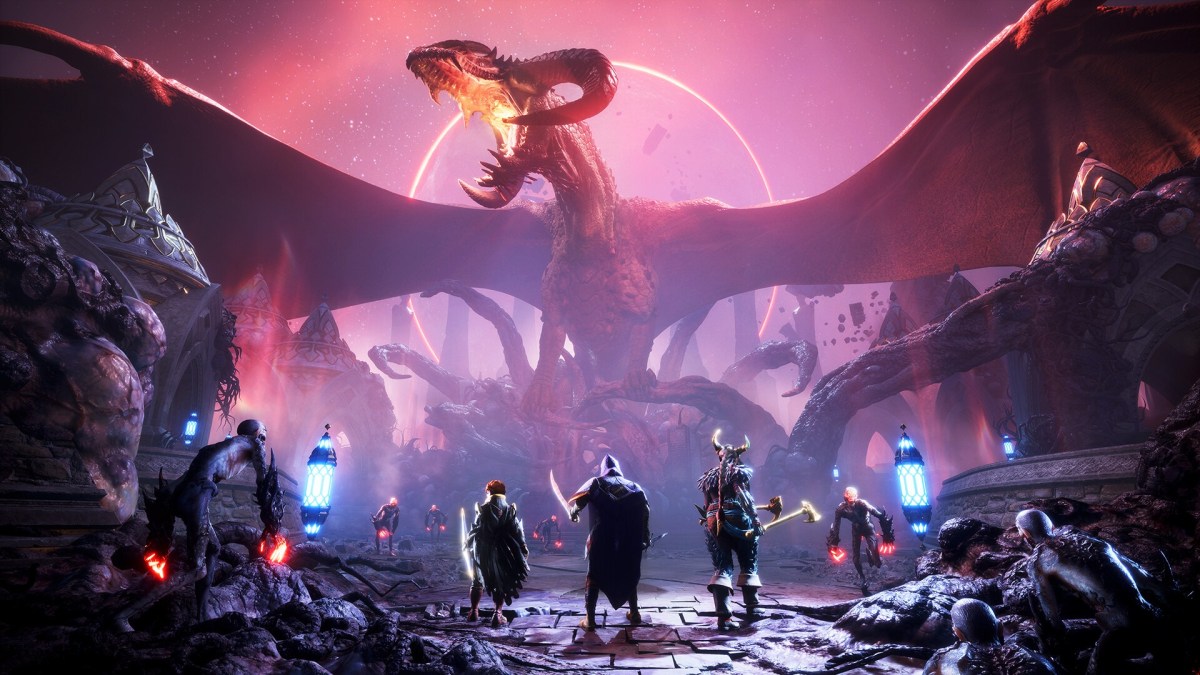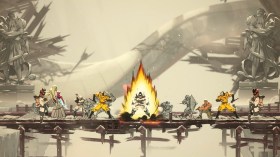A new report from Bloomberg‘s Jason Schreier has detailed the circumstances facing developers of Dragon Age: The Veilguard, alleging the game arrived to lukewarm reception due to a series of management-led pivots which significantly shifted the nature and tone of the adventure.
While the game’s origins as a live service title were previously detailed by various outlets, including IGN, the latest report from Bloomberg illuminates a new series of events that may explain more about the game’s linear nature, and tonal inconsistencies.
Many players, even those that enjoyed the adventure, were surprised by how streamlined Dragon Age: The Veilguard was, and how it strayed away from the path laid by its predecessors. Throughout the adventure, there is notably fewer choices to make, and dialogue tends to be one-note.
So, what happened to Dragon Age: The Veilguard?
Per Schreier, the linear nature of this Dragon Age was a result of the game’s development team needing to pivot, without taking time to rescope and replan the game, following its genre shift from a single player game, to a live service one, and then back.
Sources speaking to Schreier allege they were asked to transform Dragon Age: The Veilguard from an established multiplayer, live service game with repeatable quests and never-ending gameplay directly into a single-player format, with no scope to re-enter pre-production.
Read: Frosty Games Fest: 13 major highlights from the showcase
‘The team was asked to change the game’s fundamental structure and recast the entire story on the fly, according to people familiar with the new marching orders,’ Schreier reported. ‘They were given a year and a half to finish and told to aim for as wide a market as possible.’
This time frame reportedly limited what was possible for developers, leading to a need for a more linear story. Delays reportedly also impacted this process, with developers ending up ‘stuck with old decisions’ as there was no time to stop and reevaluate existing material.
Feedback from early play testers reportedly underlined the need to have more meaningful choices in the game, but short timelines and a need to pursue existing game parameters meant designers ‘struggled to pair the newly retrofitted choices for players with meaningful consequences downstream.’
A secondary challenge reportedly facing the BioWare team was that the game’s initial plans called for a light-hearted, ‘snarky’ tone and banter to define dialogue. But this dialogue reportedly bounced off early play testers, and was unfavourably compared to the dialogue of Forspoken, which went viral online for its perceived ‘cringy’ nature (although it’s worth noting many of these conversations were driven by bad faith arguments).
BioWare’s leaders reportedly ordered a rewrite for this dialogue ‘to make it sound more serious’ but with a tight scope for changes and limited resources, this led to ‘tonal inconsistencies.’
Many of these reported challenges were identified by Dragon Age: The Veilguard players on launch. While plenty enjoyed the game – its overarching story, combat, and characters were roundly praised – overall lukewarm reviews led to middling sales, and the game was eventually labelled a disappointment for EA as it failed to meet expectations.
As reported by Schreier, the entire situation was seemingly the result of falling dominoes, with consistent changes early in development paving the way for a rocky future. For the complete picture, Bloomberg‘s report is essential reading.





